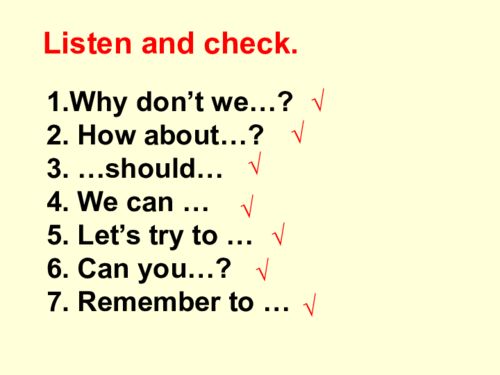Understanding Your Financial Situation

When you find yourself laid off, the first step is to assess your financial situation. This involves reviewing your savings, checking your credit score, and understanding your expenses. By having a clear picture of your financial health, you can make informed decisions about how to make money after being laid off.
Exploring Temporary Income Sources

One of the quickest ways to make money after being laid off is to explore temporary income sources. Here are a few options:
-
Freelancing: Use your skills to offer services on platforms like Upwork, Fiverr, or Freelancer. Whether you’re a writer, graphic designer, or programmer, there’s likely a market for your skills.
-
Part-time Work: Look for part-time jobs in your industry or in industries that are hiring. This can provide a steady income while you search for a full-time position.
-
Online Surveys and Market Research: Websites like Swagbucks, Survey Junkie, and Vindale Research offer opportunities to earn money by completing surveys and participating in market research.
Developing Long-Term Financial Strategies

While temporary income sources can help you cover immediate expenses, it’s important to develop long-term financial strategies. Here are some tips:
-
Update Your Resume: Make sure your resume is up-to-date and highlights your skills and accomplishments. Consider having a professional resume writer help you if needed.
-
Network: Reach out to your professional network, including former colleagues, friends, and family. Let them know you’re looking for a job and ask if they have any leads or recommendations.
-
Consider a Career Change: If you’re struggling to find a job in your current field, it may be time to consider a career change. Research industries that are hiring and consider acquiring new skills or certifications.
Creating a Budget
Creating a budget is crucial when you’re laid off. It helps you prioritize your expenses and identify areas where you can cut back. Here’s how to create a budget:
-
Track Your Expenses: Keep a detailed record of all your expenses for a month. This includes everything from rent and utilities to groceries and entertainment.
-
Categorize Your Expenses: Group your expenses into categories such as housing, transportation, food, and entertainment.
-
Set Priorities: Determine which expenses are essential and which can be reduced or eliminated. Focus on covering your essential expenses first.
-
Allocate Your Income: Once you have a clear understanding of your expenses, allocate your income accordingly. Make sure to set aside a portion for savings.
Seeking Financial Assistance
Don’t hesitate to seek financial assistance if you’re struggling to make ends meet. Here are some resources to consider:
-
Unemployment Benefits: Check if you’re eligible for unemployment benefits. These benefits can provide a temporary source of income while you search for a new job.
-
Food Assistance: If you’re struggling to afford groceries, consider applying for food assistance programs like SNAP (Supplemental Nutrition Assistance Program).
-
Grants and Scholarships: Research grants and scholarships that can help you cover education expenses if you’re considering furthering your education.
Building an Emergency Fund
One of the best ways to prepare for future financial challenges is to build an emergency fund. Here’s how to get started:
-
Set a Goal: Determine how much money you want to save for your emergency fund. A common recommendation is to have three to six months’ worth of living expenses.
-
Start Small: If you’re just starting out, start with small, manageable goals. Even saving a small amount each month can make a big difference over time.
-
Automate Your Savings: Set up automatic transfers to your savings account to ensure you consistently save money.
Investing in Yourself
Investing in yourself can pay off in the long run. Here are some ways to do so:
-
Education: Consider furthering your education or acquiring new skills that can



